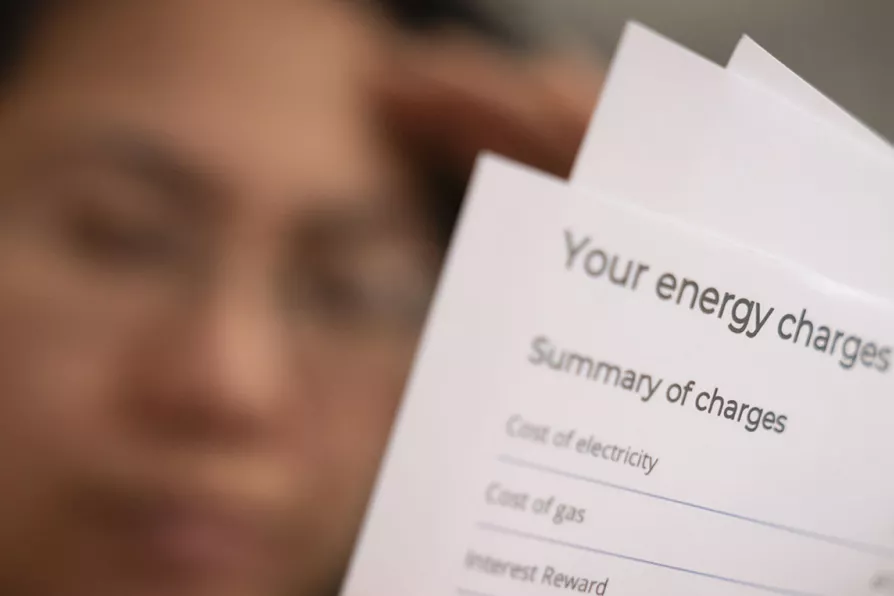Households will pay £1.3 billion for energy suppliers' bad debt

 A person holding an energy bill, January 8, 2022
A person holding an energy bill, January 8, 2022
HOUSEHOLDS will be paying energy firms a combined £1.3 billion in annual charges to help suppliers recover bad debt from April 1, a new report by anti-poverty campaign Warm This Winter has found.
The national coalition is supported by leading anti-poverty and environmental organisations; its spokeswoman Fiona Waters said yesterday that the extra costs “do nothing to reduce the debt of ordinary people but instead help energy companies pursue those who simply can’t pay.”
Energy firms were already able to charge £842 million a year on bills for bad debt allowances, but from April 1, Ofgem has ruled that an extra £735m can be charged, equivalent to £28 per household per year.
Similar stories

Energy giants rake in half a trillion pounds out of people’s misery, campaigners warn













